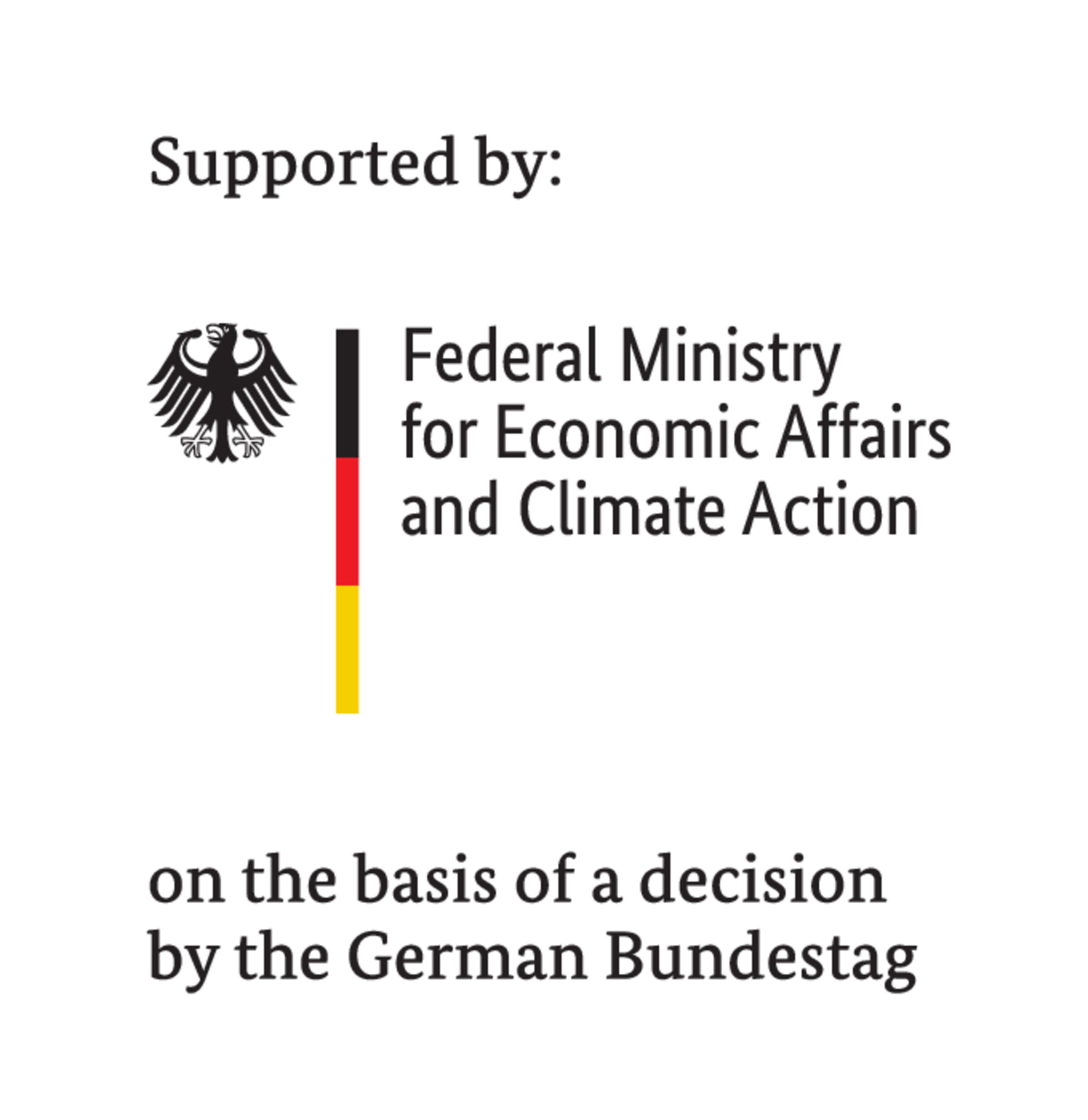Germany's dual education system – the right choice for Indonesia 2
Fri, 25 Feb 2022
In its 2017 study, the Mckinsey Global Institute estimated that as many as 800 million workers in 46 countries will lose their jobs due to robotic automation. The Indonesian Ministry of Manpower projects that Indonesia, which is also faced with the peak of the country's demographic bonus in 2030, will experience a loss of 1 million jobs due to fundamental changes in the labor market that will occur in 2017 – 2030.
On the other hand, some industries will generate new jobs, be able to recruit more workers, and will experience positive growth due to their ability to adapt and take advantage of developments in technology, the internet, and new ways of working. These industries are information technology, telecommunications, retail, consumer goods and lifestyle, media, entertainment and information, also infrastructure and urban development. This leads to the conclusion that the areas of expertise related to information and communication technology (such as software engineering expertise, computer and network engineering, multimedia, and information systems and application networks), sales and business (such as marketing, e-commerce, and office management) , architecture and engineering (such as building construction skills, sanitation and maintenance, property, and building modeling and information design), arts and media (such as visual communication design, animation, fashion, and graphic design), and transportation and logistics will tend to expand by 2030 compared to other areas of expertise.
The workforce of the future will work to build and ensure the maintenance of internet systems, as well as robots, and artificial intelligence that have been adapted to create greater efficiencies in the production process. Therefore, employment will gravitate towards human resources that are highly innovative, have high sensitivity to problems, great in assessing and making decisions, able to solve technical problems, and able to analyze and evaluate data and systems.
Education and training today plays an important role in filling the skills gap that will occur. Those who are now in school are the generation that will run the world 5 to 10 years later. For that reason, one of many ways to gain a promising return in the future is by adopting dual Vocational education and Training. The German Dual Vocational Education and Training (GDVET) program, which is conducted under the supervision of German Government, has the highest probability of shaping competitively qualified future human resources. According to a research by the World Economic Forum (2020), although the role of technology is very large, most companies recognize the high return on investment in human resources and hope to be able to conduct retraining and skills upgrading to more than 70% of their employees in 2025.
Despite the risk that many jobs will be lost in the next few years, other jobs and skills will emerge and standards of living will continue to increase. This change in the labor market is not something that can be avoided, but must be faced with good synergy between society, government, and the private sector. Good cooperation in preparing manpower by utilizing academic and vocational education will provide Indonesia's human resources with a in a balanced proportion skill and knowledge.
"Education Indonesia" is a brand of German-Indonesian Chamber of Industry and Commerce (EKONID)


